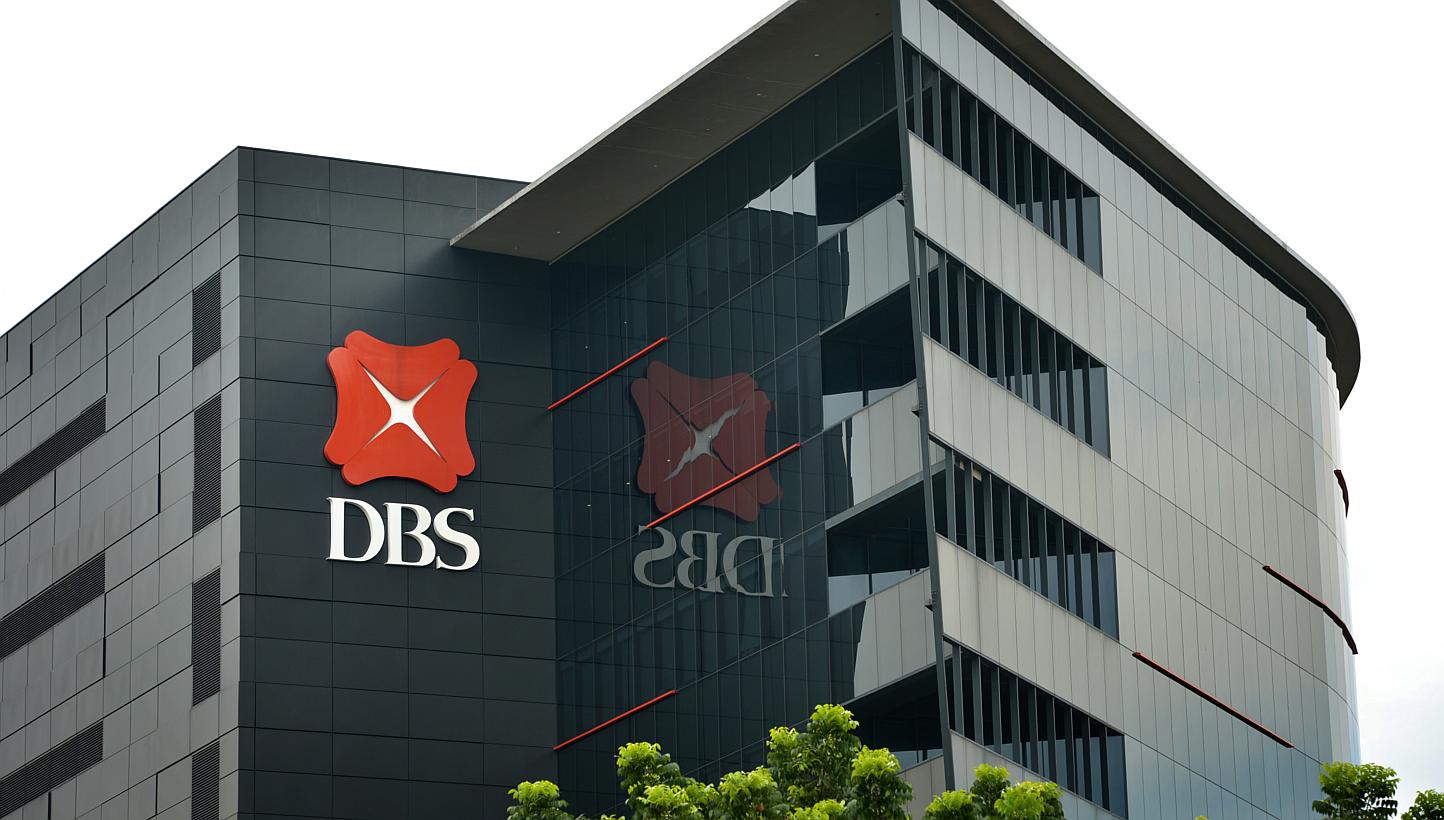DBS becomes first foreign bank to apply to set up a subsidiary in India
Sign up now: Get ST's newsletters delivered to your inbox

DBS Bank has become the first foreign bank to seek approval to set up a subsidiary in India, which would put it on nearly equal footing with the country's local lenders. -- ST PHOTO: KUA CHEE SIONG
Follow topic:
SINGAPORE - DBS Bank has become the first foreign bank to seek approval to set up a subsidiary in India, which would put it on nearly equal footing with the country's local lenders.
DBS chief executive officer Piyush Gupta said at a press briefing in Mumbai on Tuesday that Singapore's largest lender had applied to the Reserve Bank of India to operate as a wholly-owned subsidiary in the country, according to media reports.
When contacted by The Straits Times on Wednesday, DBS said it hopes to get the necessary approvals by the first quarter of next year.
"We are optimistic that the approval process should move speedily," Mr Gupta was quoted as saying by India's Economic Times. "We want to scale up our presence in India from a corporate bank to a universal bank," he added.
India now contributes 4 to 5 per cent of DBS' business, but Mr Gupta said he expects this contribution to be higher in coming years. "Structurally, we are big believers in the India story," he was quoted by the Journal as saying.
He also said said one major area of focus for DBS in India is to cater to small- and medium-sized enterprises. To do that, it estimates it will need to have 50 to 75 branches in India, whereas now it has only 12 branches in India.
DBS is also keen on building its consumer business in India, particularly through digital banking, he said.
India's central bank said in November 2013 issued guidelines for foreign banks to open subsidiaries in the country, in a bid to get greater regulatory oversight of how they do business. In return for agreeing to abide by Indian rules, Reserve Bank of India Governor Raghuram Rajan offered the banks what he called "near national treatment," including the ability to open more branches than allowed now.
But foreign banks were not eager to take the deal, partly because of the costs of meeting certain regulatory requirements, particularly for so-called priority sector lending, the Wall Street Journal said in a report on Tuesday. The RBI requires that a sizeable chunk of credit by banks in India be given to farmers, small-scale businesses and other low-income groups which foreign banks say are difficult and costly to reach, it added.
Mr Gupta said Tuesday that in recent months the RBI has issued some new guidelines to tweak the priority sector lending requirements, which make it easier for banks like his to operate in India.
"They've created a lot more flexibility which recognises the limitations that banks like us might have," he was quoted by the Journal as saying. "For instance, the new proposed norms reduce the percentage of total direct lending to farmers, and allow banks to lend indirectly to them."
The Journal said Standard Chartered, one of the largest international banks in India, is considering the possibility of applying for a licence as a subsidiary. Citigroup, HSBC and Deutsche Bank are among other major foreign banks in India.
ann@sph.com.sg

